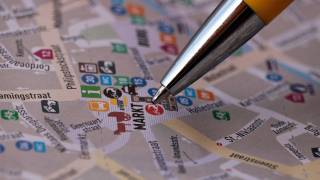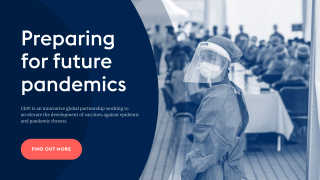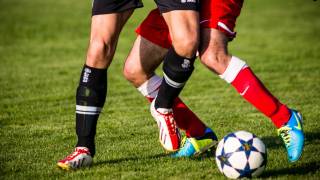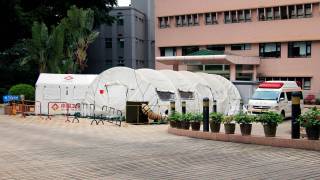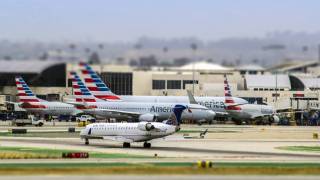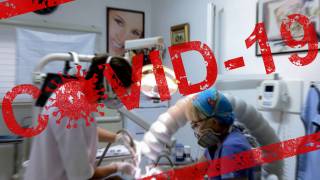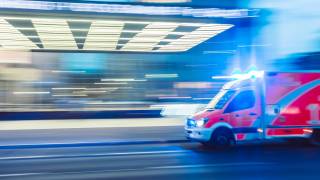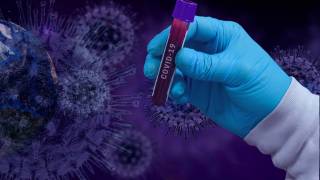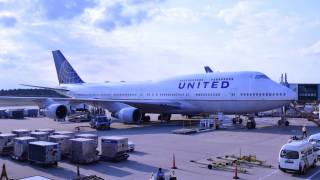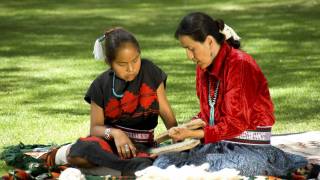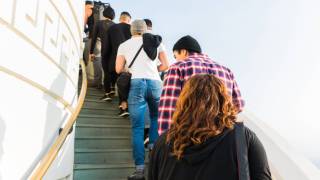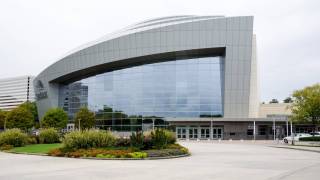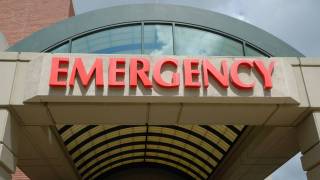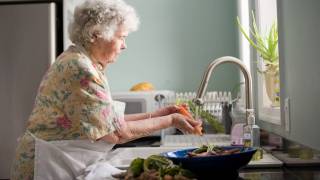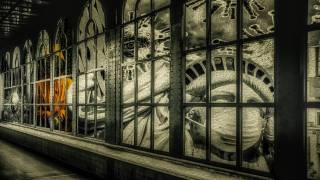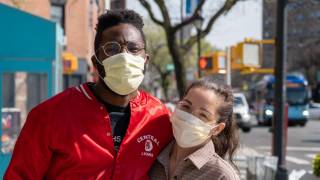COVID-19 Antibody Cocktail Found Very Effective
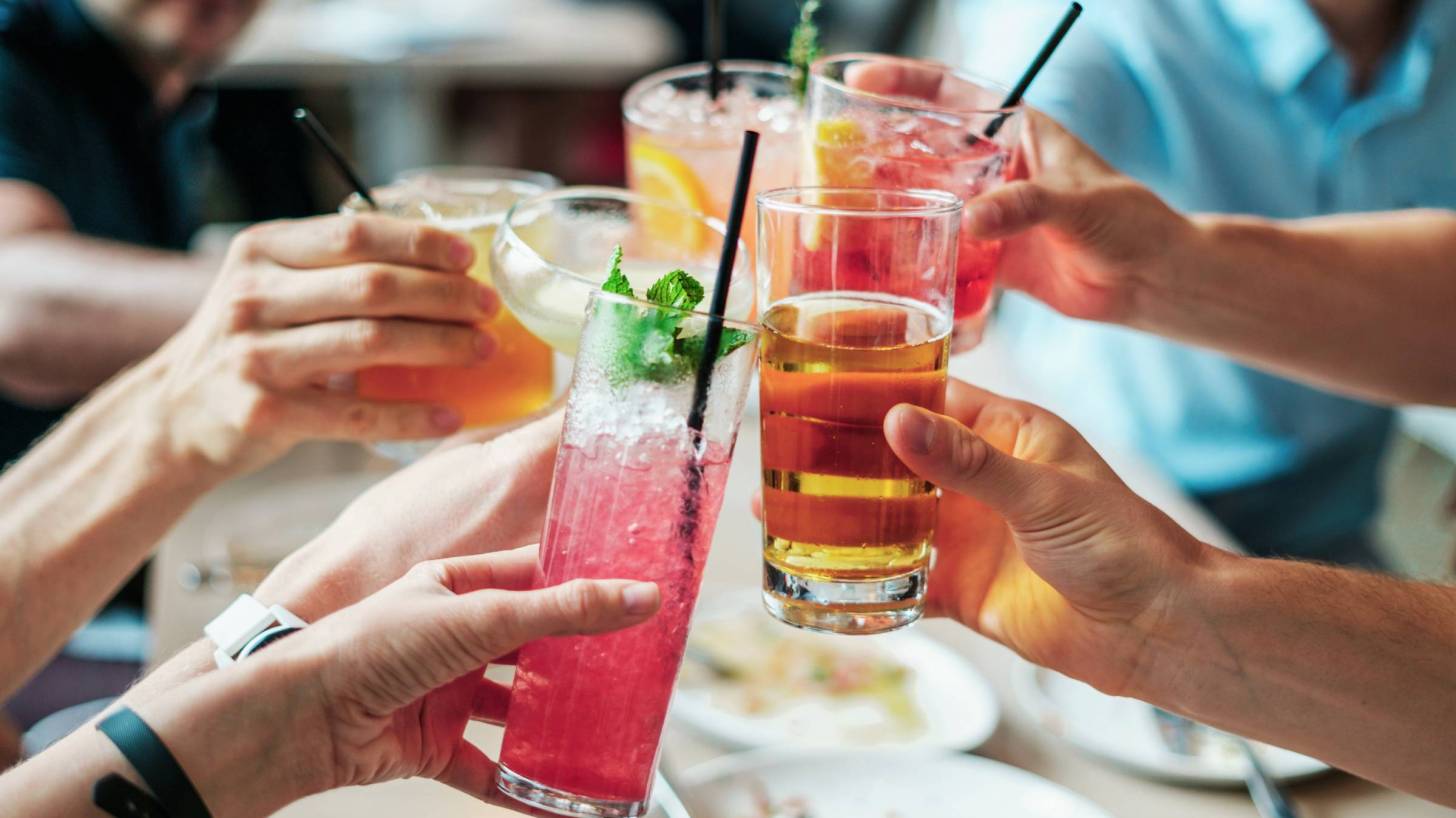
The first data from a descriptive analysis of a seamless Phase 1/2/3 trial of the investigational antibody cocktail REGN-COV2 showed it reduced viral load and the time to alleviate symptoms in non-hospitalized patients with COVID-19.
REGN-COV2 also showed positive trends in reducing medical visits, according to Regeneron Pharmaceuticals, Inc.’s September 29, 2020, press statement. REGN-COV2 is a combination of two monoclonal antibodies (REGN10933 and REGN10987) and was designed specifically to block the infectivity of the SARS-CoV-2 coronavirus that causes COVID-19 in humans.
Regeneron’s ongoing, randomized, double-blind trial measures the effect of adding REGN-COV2 to usual standard-of-care, compared to adding placebo to standard-of-care.
The descriptive analysis included the first 275 patients enrolled in the trial and was designed to evaluate antiviral activity with REGN-COV2 and identify patients most likely to benefit from treatment.
This trial is part of a larger program that also includes studies of REGN-COV2 for the treatment of hospitalized patients, and for prevention of infection in people who have been exposed to COVID-19 patients.
More than 2,000 people have been enrolled across the overall REGN-COV2 development program, and no unexpected safety findings have been reported by the Independent Data Monitoring Committee.
"After months of incredibly hard work by our talented team, we are extremely gratified to see that Regeneron's antibody cocktail REGN-COV2 rapidly reduced viral load and associated symptoms in infected COVID-19 patients," said George D. Yancopoulos, M.D., Ph.D., President and Chief Scientific Officer of Regeneron, in the press release.
"The greatest treatment benefit was in patients who had not mounted their own effective immune response, suggesting that REGN-COV2 could provide a therapeutic substitute for the naturally-occurring immune response. These patients were less likely to clear the virus on their own, and were at greater risk for prolonged symptoms.”
“We are highly encouraged by the robust and consistent nature of these initial data, as well as the emerging well-tolerated safety profile, and we have begun discussing our findings with regulatory authorities while continuing our ongoing trials.”
“In addition to having positive implications for REGN-COV2 trials and those of other antibody therapies, these data also support the promise of vaccines targeting the SARS-CoV-2 spike protein."
Patients in this trial were randomized 1:1:1 to receive a one-time infusion of 8 grams of REGN-COV2 (high dose), 2.4 grams of REGN-COV2 (low dose) or placebo.
All patients entering the trial had laboratory-confirmed COVID-19 that was being treated in the outpatient setting.
As hypothesized, patients in the study consisted of two different populations: those who had already mounted an effective immune response, and those whose immune response was not yet adequate.
These populations could be identified serologically by the presence (seropositive) or absence (seronegative) of SARS-CoV-2 antibodies, and/or by high viral loads at baseline.
Serological status highly correlated with baseline viral load (p<0.0001). Seropositive patients had much lower levels of virus at baseline, and rapidly achieved viral loads approaching the lowest levels quantifiable (LLQ), even without treatment. In contrast, seronegative patients had substantially higher viral levels at baseline and cleared the virus more slowly in the absence of treatment.
Serological status at baseline also predicted how rapidly patients had alleviation of their COVID-19 clinical symptoms.
In the untreated (placebo) patients, seropositive patients had a median time to alleviation of symptoms of 7 days, compared to seronegative patients who had a median time to alleviation of symptoms of 13 days.
REGN-COV2 rapidly reduced viral load through Day 7 in seronegative patients (key virologic endpoint).
The mean time-weighted-average change from baseline nasopharyngeal (NP) viral load through Day 7 in the seronegative group was a 0.60 log10 copies/mL greater reduction (p=0.03) in patients treated with high dose, and a 0.51 log10 copies/mL greater reduction (p=0.06) in patients treated with a low dose, compared to placebo.
In the overall population, there was a 0.51 log10 copies/mL greater reduction (p=0.0049) in patients treated with high dose, and a 0.23 log10 copies/mL greater reduction (p= 0.20) in patients treated with low dose, compared to placebo.
Patients with increasingly higher baseline viral levels had correspondingly greater reductions in viral load on Day 7 with REGN-COV2 treatment.
Patients who were seronegative and/or had higher baseline viral levels also had greater benefits in terms of symptom alleviation. Among seronegative patients, the median time to symptom alleviation (defined as symptoms becoming mild or absent) was 13 days in placebo, 8 days in high dose (p=0.22), and 6 days in low dose (p=0.09).
Patients with increasing viral loads at baseline had correspondingly increasing benefit in time to symptom alleviation.
There were a small number of medically-attended visits given that most non-hospitalized patients recover well at home.
Among the first 275 patients, approximately 56% were Hispanic, 13% were African American and 64% had one or more underlying risk factors for severe COVID-19, including obesity (more than 40%).
At least 1,300 patients will be recruited into the Phase 2/3 portion of the outpatient trial overall. Patients will be followed for 29 days, with viral shedding in the upper respiratory tract assessed approximately every 2-3 days in the Phase 2 portion of the trial and clinical endpoints assessed via investigator and patient-reported data throughout.
In addition to this trial in non-hospitalized patients, REGN-COV2 is currently being studied in a Phase 2/3 clinical trial for the treatment of COVID-19 in hospitalized patients, the Phase 3 open-label RECOVERY trial of hospitalized patients in the UK and a Phase 3 trial for the prevention of COVID-19 in household contacts of infected individuals. Recruitment in all 4 trials is ongoing.
REGN-COV2's development and manufacturing has been funded in part with federal funds from the Biomedical Advanced Research and Development Authority (BARDA), part of the Office of the Assistant Secretary for Preparedness and Response at the U.S. Department of Health and Human Services.
If REGN-COV2 proves safe and effective in clinical trials and regulatory approvals are granted, Regeneron will manufacture and distribute it in the U.S., and Roche will develop, manufacture, and distribute it outside the U.S.
Regeneron is a leading biotechnology company that invents life-transforming medicines for people with serious diseases.
PrecisionVaccinations publishes research-based COVID-19 pandemic news.
Our Trust Standards: Medical Advisory Committee



